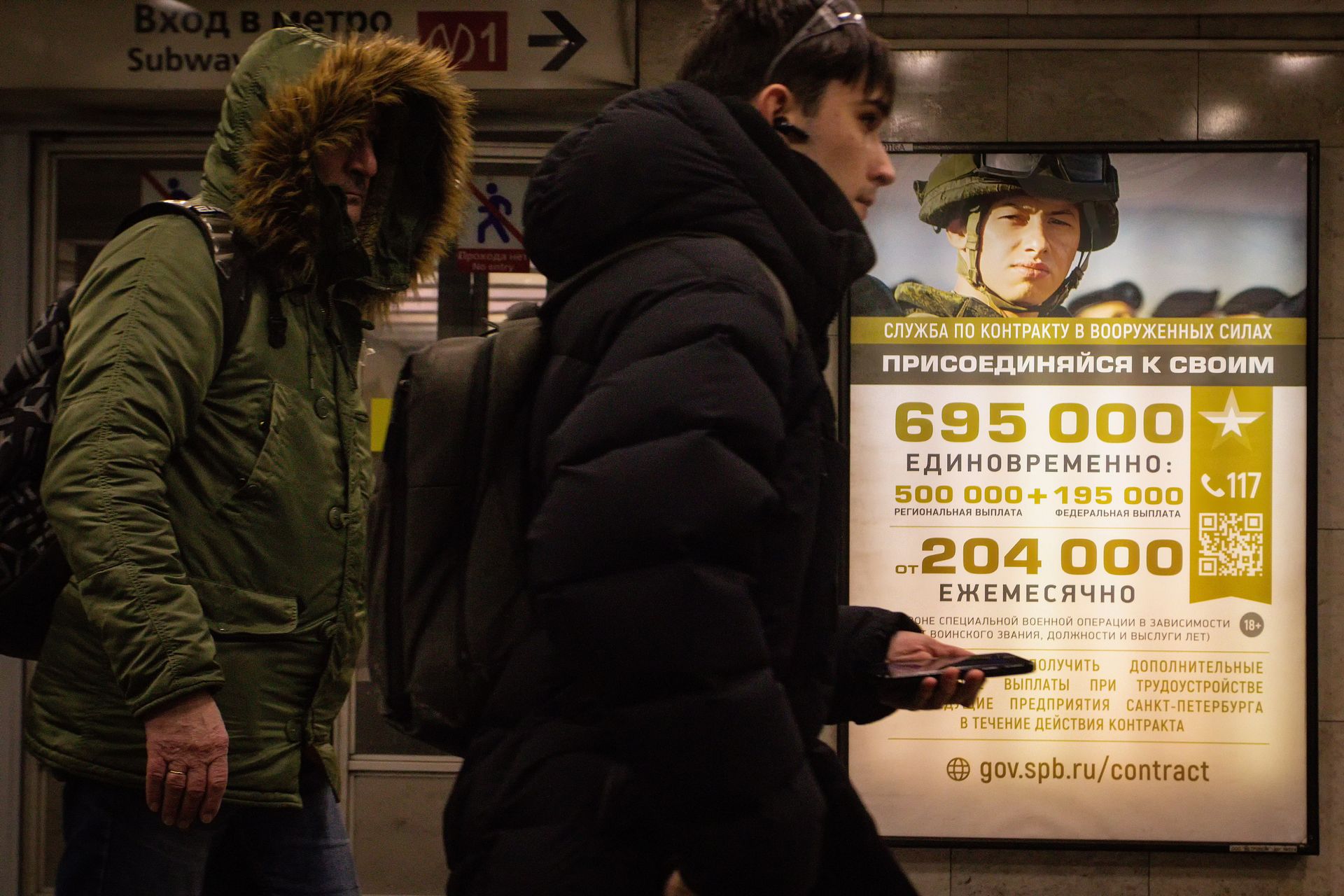Germany, Poland, Czech Republic named first countries included in Ukraine's multiple citizenship law

Ukraine's new law on multiple citizenship will first be extended to three European countries: Germany, Poland, and the Czech Republic, President Volodymyr Zelensky announced on Aug. 26.
Ukraine's parliament passed the bill, which allows Ukrainian citizens to hold passports of foreign countries, on June 18.
Zelensky discussed the new law during a meeting of the Ukrainian World Congress on Aug. 26, the Presidential Office said. The first countries to which the law will apply will be Germany, Poland, and the Czech Republic.
After that, multiple citizenship will next be extended to Canada and the U.S.
"The law has been passed, and in the near future, the government will adopt the necessary regulatory acts, and the first countries where the provisions will be applied will be Germany, Poland, Czechia, the USA, and Canada," Zelensky wrote on X.
"This is a step toward even greater unity of Ukrainians around the world."
Multiple citizenship will be recognized for foreigners from the aforementioned countries who apply for Ukrainian citizenship, or if Ukrainian citizens apply for citizenship in these countries. It will also be recognized for Ukrainian spouses of foreign citizens and other specified cases.
The new legislation, submitted by Zelensky himself last summer, outlines conditions for holding multiple citizenship and simplifies procedures for foreigners wanting to obtain Ukrainian passports.
It also establishes new grounds for losing citizenship, such as receiving a Russian passport or serving in the Russian Armed Forces. The law is not applicable to Russian citizens or citizens of countries that do not recognize Ukraine's territorial integrity.
The bill is seen as part of Ukraine's effort to strengthen ties with Ukrainians living abroad.
The announcement falls the same day that Ukraine's Cabinet of Ministers announced revised travel rules that will allow men aged 18 to 22 to leave the country. Ukrainian men aged 18 to 60 have been prohibited from crossing the border since the beginning of Russia's full-scale invasion in 2022 and imposition of martial law.












